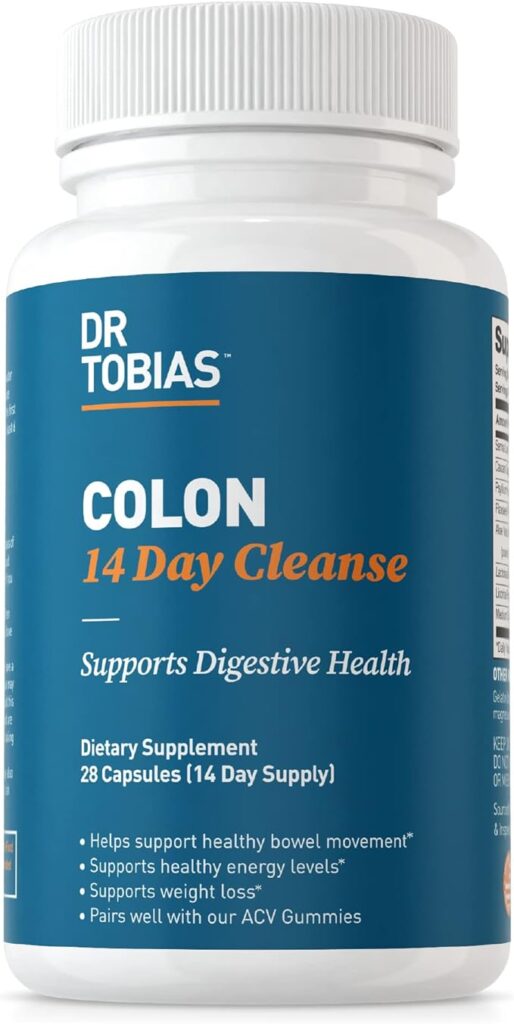Chronic constipation is a common yet often under-discussed digestive issue that affects millions of people worldwide. Defined as infrequent or difficult bowel movements lasting for several weeks or longer, chronic constipation can significantly impact quality of life, causing discomfort, pain, and emotional distress. Despite its prevalence, many individuals hesitate to seek medical help, either due to embarrassment or a lack of awareness about effective treatment options. This article aims to provide a comprehensive guide to managing chronic constipation, including its causes, symptoms, diagnostic process, and a range of treatment options that can help alleviate the condition.

Understanding Chronic Constipation
Chronic constipation is typically diagnosed when a person experiences fewer than three bowel movements per week for a prolonged period, accompanied by symptoms such as straining, hard stools, a sense of incomplete evacuation, and bloating. Unlike occasional constipation, which may be triggered by short-term factors such as dietary changes or stress, chronic constipation persists for months or even years, making it a more complex issue to address.

Causes of Chronic Constipation
The causes of chronic constipation are varied and can differ from person to person. Some of the most common contributing factors include:
- Dietary Factors: A diet low in fiber is one of the most frequent causes of constipation. Fiber is crucial for adding bulk to stool and helping it move through the intestines. Insufficient fluid intake can also worsen constipation, as dehydration leads to harder stools.
- Physical Inactivity: A sedentary lifestyle can contribute to constipation. Physical activity stimulates the muscles in the intestines, promoting regular bowel movements.
- Medications: Certain medications, such as painkillers (especially opioids), antacids containing calcium or aluminum, antidepressants, and some antihypertensive drugs, can slow down bowel motility, leading to constipation.
- Digestive Disorders: Conditions like irritable bowel syndrome (IBS), diverticulosis, and hypothyroidism can result in constipation. IBS, in particular, is commonly associated with alternating patterns of diarrhea and constipation.
- Pelvic Floor Dysfunction: Some individuals with chronic constipation experience difficulty in coordinating the muscles of the pelvic floor necessary for normal bowel movements, which can lead to a sensation of incomplete evacuation.
- Psychological Factors: Stress, anxiety, depression, and certain eating disorders can exacerbate constipation. The gut-brain connection plays a significant role in digestive health, and emotional distress can alter normal bowel function.
- Aging: As people age, the muscles in the digestive tract can weaken, slowing down the movement of stool through the colon. Older adults may also be more likely to take medications that contribute to constipation.
- Structural Problems: Conditions like colorectal cancer or narrowing of the intestines (strictures) due to inflammation can physically obstruct the normal passage of stool.
Symptoms of Chronic Constipation
Symptoms of chronic constipation may vary from person to person, but they generally include:
- Infrequent bowel movements (less than three times per week)
- Difficulty passing stool (straining)
- Hard, lumpy, or dry stool
- A feeling of incomplete evacuation after a bowel movement
- Abdominal discomfort, bloating, or pain
- Nausea or loss of appetite in some cases
These symptoms can range from mild to severe and may have a significant impact on daily functioning and overall well-being. Individuals with chronic constipation may also experience feelings of frustration or anxiety, particularly if the condition is not properly managed.
Diagnosing Chronic Constipation
A thorough diagnosis is crucial in developing an effective treatment plan for chronic constipation. If you experience persistent symptoms, you should consult a healthcare provider who will evaluate your condition through the following steps:
- Medical History: Your healthcare provider will ask detailed questions about your symptoms, lifestyle habits (such as diet and exercise), and any medications you may be taking. This helps to identify potential underlying causes.
- Physical Examination: A physical exam, including a digital rectal exam, may be performed to assess the function of your rectum and pelvic floor muscles.
- Laboratory Tests: Blood tests may be ordered to check for conditions like hypothyroidism, diabetes, or electrolyte imbalances that could be contributing to constipation.
- Imaging and Endoscopy: If structural issues or digestive disorders are suspected, imaging tests like X-rays, CT scans, or colonoscopies may be recommended to rule out conditions such as colorectal cancer or diverticulosis.
- Motility Tests: In some cases, motility tests may be used to evaluate how well food and waste move through the digestive system. This can include tests like colonic transit studies or anorectal manometry.
- Defecography: This specialized imaging test evaluates the mechanics of bowel movements and can help diagnose pelvic floor dysfunction or other movement issues.

Treatment Options for Chronic Constipation
Managing chronic constipation often requires a multifaceted approach, which may include lifestyle changes, dietary modifications, medications, and sometimes surgical interventions. Below are some of the most effective strategies for managing chronic constipation:
1. Dietary Modifications
One of the first steps in managing chronic constipation is to make dietary changes. A high-fiber diet can help increase stool bulk and promote regular bowel movements. Foods rich in fiber include:
- Fruits and Vegetables: Apples, pears, berries, broccoli, and spinach are excellent sources of fiber.
- Whole Grains: Brown rice, oatmeal, quinoa, and whole-wheat bread offer significant fiber content.
- Legumes: Beans, lentils, and peas are high in both soluble and insoluble fiber, which can aid in digestion.
Along with increasing fiber, it’s essential to drink plenty of water throughout the day. Dehydration can lead to hard, dry stools, which can exacerbate constipation.
2. Exercise and Physical Activity
Regular physical activity stimulates bowel function and can help alleviate constipation. Simple exercises such as walking, yoga, or swimming can increase intestinal motility and improve overall digestive health. Aim for at least 30 minutes of moderate exercise most days of the week.
3. Medications
If lifestyle changes alone do not alleviate symptoms, medications may be necessary. These can include:
- Fiber Supplements: Products like psyllium (Metamucil) can help add bulk to the stool and promote regularity.
- Stool Softeners: Medications such as docusate (Colace) can help soften stool, making it easier to pass.
- Laxatives: Laxatives like polyethylene glycol (MiraLAX), magnesium hydroxide (Milk of Magnesia), or bisacodyl (Dulcolax) can be used for short-term relief, but their long-term use is not recommended.
- Prokinetic Agents: These medications help stimulate bowel motility and may be prescribed in cases where slow colonic transit is a concern.
- Biofeedback Therapy: For individuals with pelvic floor dysfunction, biofeedback can train the muscles of the pelvic floor to work properly during bowel movements.
4. Behavioral Therapies
For individuals whose constipation is related to stress, anxiety, or other psychological factors, cognitive behavioral therapy (CBT) or relaxation techniques like mindfulness and meditation can be helpful. Addressing emotional factors can improve bowel function and reduce constipation symptoms.
5. Surgical Options
In rare cases, surgical intervention may be necessary, particularly if there is an underlying structural problem, such as colorectal cancer or a severe case of pelvic floor dysfunction. Surgical options may include:
- Colectomy: Removal of a portion of the colon in cases of severe, non-responsive constipation.
- Rectal Stimulation or Biofeedback: If pelvic floor dysfunction is the cause of constipation, biofeedback therapy or even surgery may be recommended to retrain the muscles involved in bowel movements.

Conclusion
Chronic constipation is a manageable condition, and with the right combination of lifestyle changes, dietary adjustments, medications, and other therapeutic approaches, most individuals can find relief from their symptoms. Early intervention is key, so it is important to seek medical advice if you experience persistent or severe constipation. By addressing the root causes and taking proactive steps to improve digestive health, individuals can regain control over their bowel function and enhance their quality of life.




